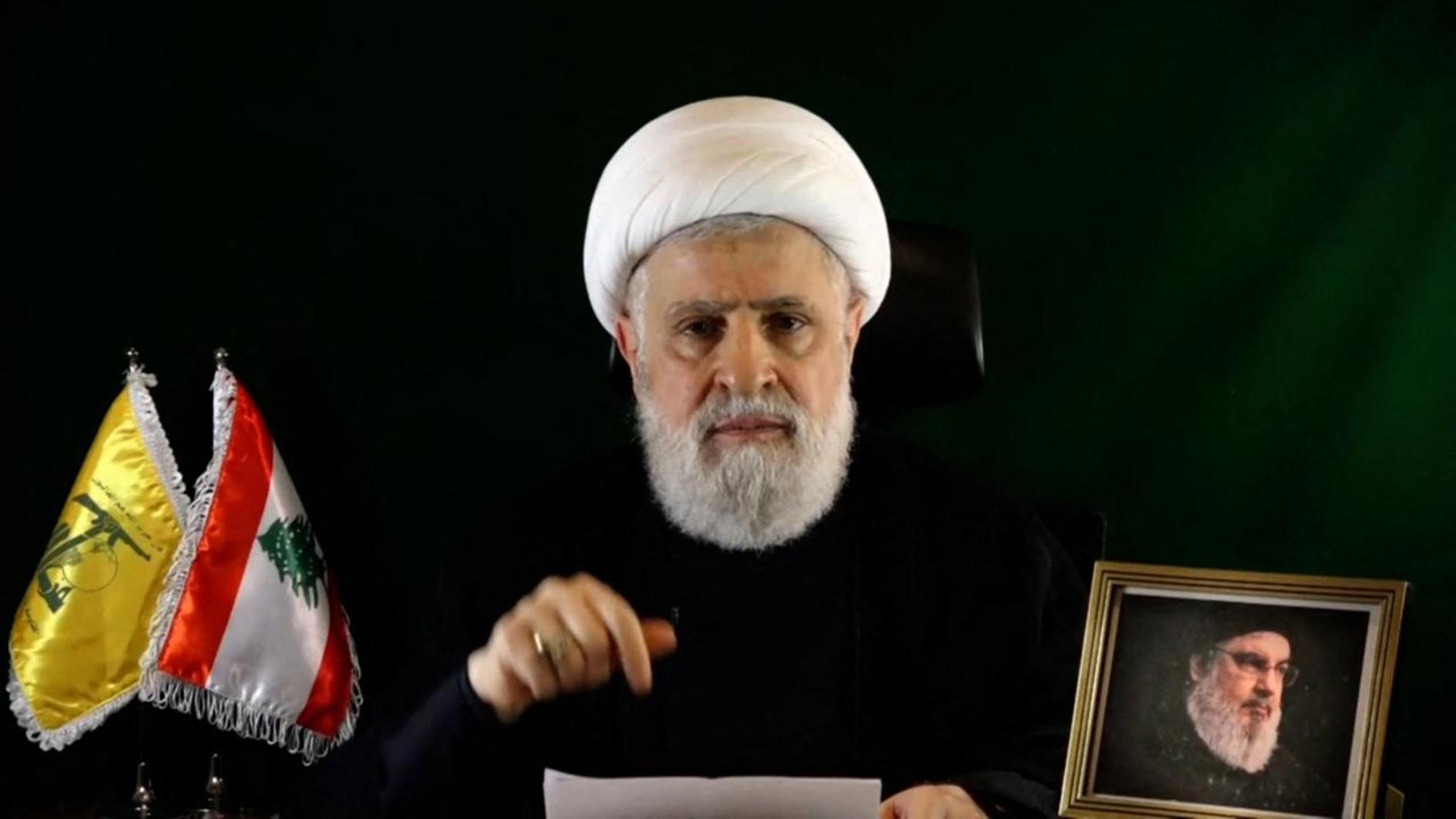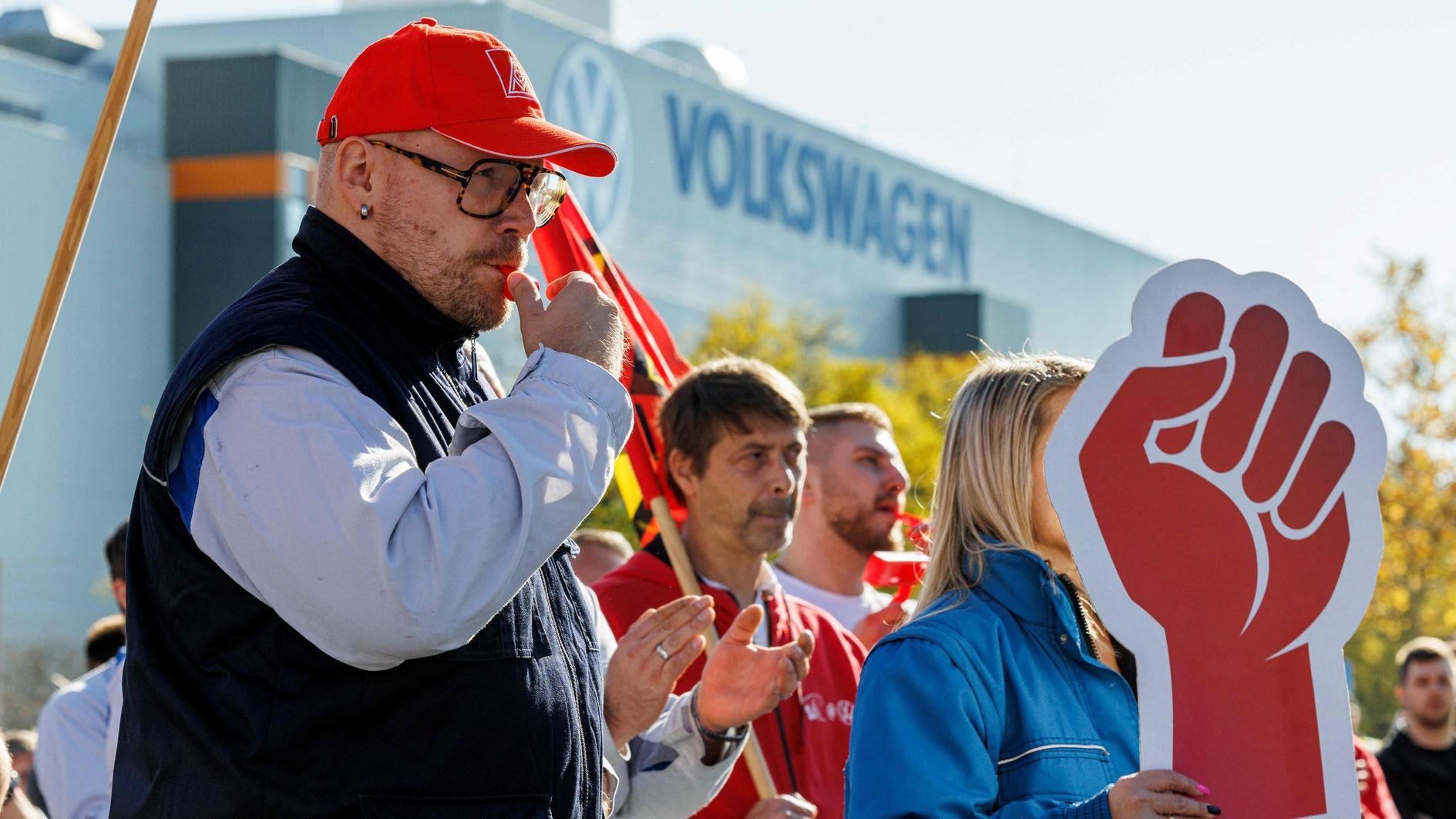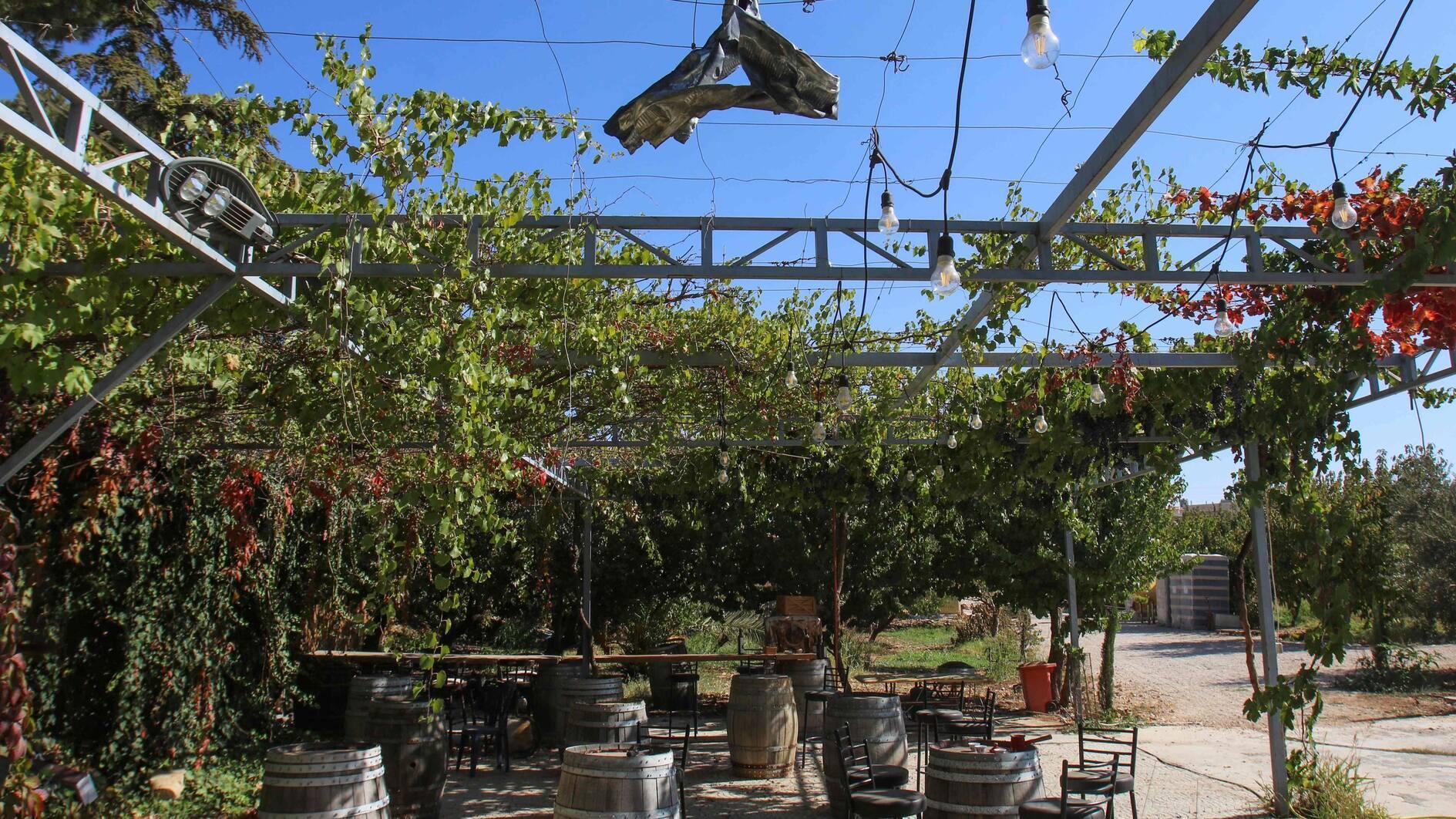AKP-MHP alliance to read results of local polls
When this column was penned late Sunday, the counting process in many constituencies was still underway.
But still, initial results indicate a slight decline in the votes of the People Alliance, composed of the ruling Justice and Development Party (AKP) and the Nationalist Movement Party (MHP), while the opposition Nation Alliance, made up of the Republican People’s Party (CHP) and the İYİ (Good) Party, has achieved 37.2 percent votes, around three percentage points more than their outcome of the June 2018 parliamentary elections.
A decision by big political parties to run in alliances for the local polls did work for the advantage of the opposition as it could win Ankara and another big metropolis like İzmir, Adana, Mersin, and Antalya.
The difference in Istanbul was less than 0.5 points to the lead of the People’s Alliance around 10.30 p.m. with still hundreds of unopened ballot boxes. The race was still neck-to-neck between former Parliament Speaker Binali Yıldırım and CHP’s Ekrem İmamoğlu who has staged a distinct performance during the campaign. It’s the first time that AKP lost in Ankara and seriously challenged in Istanbul.
Whether he wins or loses, İmamoğlu has proven itself to be one of the future political social democrat figures in prominence.
As this is about local elections in which individual candidates matter and political parties did run as two big alliances, it’s very hard to make a detailed analysis on the performance of each and every political entity. In addition, parties like the Felicity Party (SP) and the People’s Democratic Party (HDP) had not represented candidates in many constituencies.
That’s why comparing the votes of the two alliances seems to be much useful. The difference between the two alliances in June elections was around 20 percent but it has now decreased to 15 percent. Given the fact that the state means and media coverage were to the full advantage of the government alliance, this result tells a far beyond meaning.
Here are some important findings and consequences of March 31 local polls:
Running in alliances work for the opposition: The Turkish politics had adopted setting up political alliances as a new phenomenon since the 2017 referendum. It was first formally applied in last year’s twin elections in which President Recep Tayyip Erdoğan needed at least 50 percent to be elected. The same formula, this time, did help the opposition’s win in many constituencies. Take Ankara: If all parties would run individually, Ankara and Antalya would still be in the hands of the AKP.
Losing Ankara: Ankara was under the control of the AKP mayors since 2004 local elections although former mayor Melih Gökçek was first elected to the position in 1994. It’s, therefore, a big win for the opposition. Beyond its symbolic value as the capital city, Ankara is Turkey’s second largest metropole with around five million residents. Although Yavaş wins, he will likely face a legal controversy in the coming weeks over a court case against him. Both President Recep Tayyip Erdoğan and Interior Minister Süleyman Soylu have hinted that he will face consequences over his “shady businesses.” This can create tension in the Turkish capital in the coming period.
AKP in Anatolia, CHP on the coastal areas
CHP’s stamps on coastal cities: The CHP’s dominance in coastal provinces has fully resurfaced as the opposition alliance could win Adana, Antalya, Mersin along with its traditional strongholds İzmir, Muğla, Çanakkale, Tekirdağ, and Edirne. The vote difference in İzmir between the two sides’ candidate was around 20 percent to the advantage of the CHP although the AKP had nominated a prominent former minister. The total number of provinces CHP won was suggested as 20, seven more than 2014 results.
AKP wins Istanbul and central Anatolia: The People’s Alliance won Istanbul and central and eastern Anatolian provinces where both the AKP and the MHP are very powerful. In general, the number of provinces won by the AKP was 40 and the MHP was 12 out 81, as of late Sunday. This tells that the former lost 11 cities while the latter increased the provinces it controls from eight to 12 in comparison with 2014 local elections.
HDP still powerful in the Southeast: The HDP had two main goals in these elections: To win municipalities in the Southeast Anatolia and to let the People’s Alliance lose in the West by calling on its electorate to vote for the Nation Alliance in constituencies where they preferred not to represent any candidate. It seems they could achieve half of this goal. The HDP was leading the polls in seven cities in the Southeast but failed to defeat the AKP in Istanbul.
Economy did matter
The main pillar of the People’s Alliance months-long election campaign was the “national survival” of Turkey with suggestions that its borders and unity were threatened by foreign powers. Both Erdoğan and MHP Chairman Devlet Bahçeli were urging the voters to vote for their alliance against the Nation Alliance who was allegedly in cooperation with the PKK.
The opposition, however, based its campaign on deteriorated economic conditions and other fundamental problems of Turkey, recalling the people that they need to give a good message to the government in the local polls.
Results show that the Turkish people wanted to deliver a strong warning to the government ahead of a four-year election-free period.











